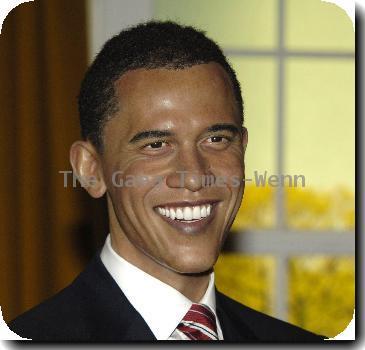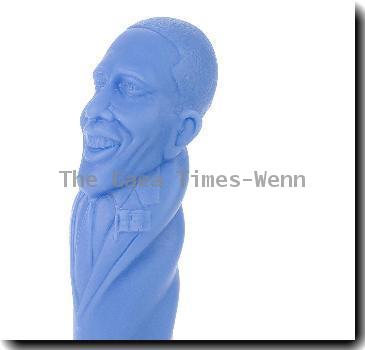South African, free to travel to US again, thanks ACLU, others who challenged ban
By Donna Bryson, APThursday, January 21, 2010
South African thanks those who challenged US. ban
JOHANNESBURG — A South African university administrator who suspects he was once barred from the U.S. because of his criticism of the Iraq war said a day after his ban was lifted that Americans who supported him had taken a stand against intolerance.
Adam Habib, who is deputy vice chancellor of the University of Johannesburg, had been barred from the U.S. since 2006 for what the government said was involvement in terrorist activity, a charge he denies. Habib said in an interview Thursday that he was never told what he had done that could be considered terrorism.
The U.S. State Department said Wednesday that Habib and Tariq Ramadan of Oxford University in England posed no danger to the United States and that Secretary of State Hillary Rodham Clinton has signed orders enabling them to visit the U.S. after bans that lasted years.
“I suspect that it may have had to do with ideological exclusion, my criticism of the U.S. on the Iraq war,” Habib said of his ban. “Others have said it may have to do with the fact that I’m a Muslim. But I know other Muslims who have been able to get into the U.S.
“I suspect that they have some kind of formula like most bureaucracies do — you get so many points if you are critical, you get so many points if you are Muslim.”
Habib attributed the lifting of the ban to the change in administrations from former President George W. Bush to President Barack Obama, and to pressure from the ACLU, the American Sociological Association, the American Association of University Professors, the American-Arab Anti-Discrimination Committee and the Boston Coalition for Palestinian Rights.
“These organizations were prepared to stand up against the mainstream, to stand up against the government,” Habib said. “If that doesn’t happen, we allow intolerance to reign supreme.”
But, he said, others whose cases were not as prominent remained banned.
The ACLU charges that under the Bush administration, the U.S. denied visas to dozens of foreign critics of U.S. policy, many of them Muslim.
In a statement Wednesday, ACLU lawyer Melissa Goodman welcomed the State Department’s move on Habib and Ramadan, and said, “the Obama administration should now conduct a broader review of visas denied under the Bush administration, reverse the exclusions of others who were barred because of their political beliefs and retire the practice of ideological exclusion for good.”
Habib, a political scientist, is widely quoted in South Africa on politics, democracy and fighting poverty. He has worked as a researcher and director at South Africa’s Human Sciences Research Council, a government-supported think tank. As deputy vice chancellor at the University of Johannesburg, his duties include developing research, and he said the U.S. ban has hampered his efforts to help the relatively new institution form partnerships with U.S. institutions and academics.
Several institutions that had served blacks and whites separately under apartheid were brought together in 2005 as the multiracial University of Johannesburg.
Habib said he would be applying for a visa soon so that he could lead a university delegation to the U.S. to visit Harvard and other campuses.
Thursday, Habib said terrorism must be fought, but not at the cost of civil liberties.
“If we do that, then what have we protected?”
Tags: Africa, Barack Obama, Higher Education, Johannesburg, North America, Passports And Visas, South Africa, Southern Africa, United States

